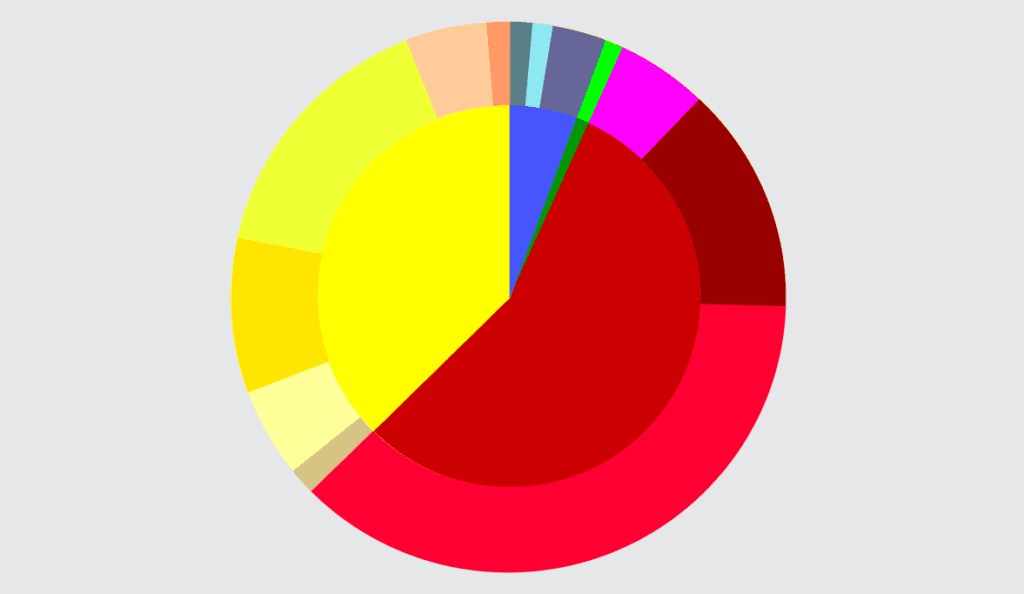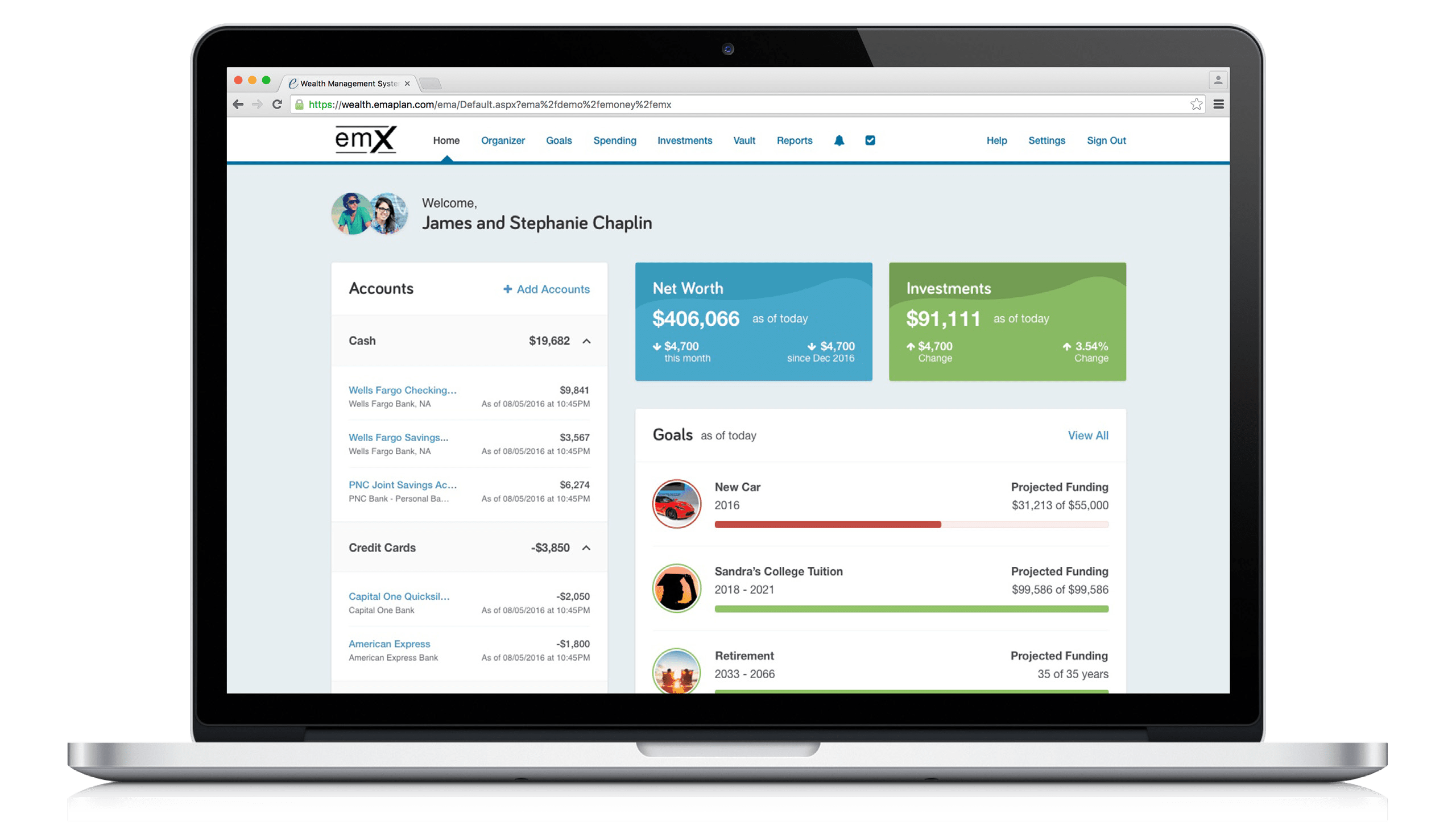As it often does, the stock market has hit a rough patch due to concerns around the delta variant, economic growth, interest rates and more. Although no two market pullbacks are exactly alike, there have already been several periods of short-term volatility this year in response to similar headlines. For long-term investors, it’s important to remember that these setbacks are a natural, expected, and manageable part of investing.
Many daily headlines are focused on the fact that COVID-19 cases have begun to rise again in the U.S. and globally, driven by the delta variant. While the public health crisis continues to be severe outside the U.S., the market impact today should be quite different from other spikes in cases over the past 18 months. Not only are existing vaccines reported to be effective against the variant, but markets already know what to expect in terms of the range of economic effects. In any situation, it is less likely today that cities will be placed on lockdown, much less the entire country.
Despite this, it is natural for some investors to be concerned. Stock market pullbacks are never pleasant, especially when they occur unexpectedly, even if they are a completely normal part of investing. One source of this dissonance is the uncertainty that investors perceive compared to actual market performance. So far this year, the largest peak-to-trough pullback has not even been as bad as 5% – despite what one might think from the constant flurry of headlines and concerns.
In contrast, the average year experiences four to five distinct 5% pullbacks – a hypothetical measure based on an investor who checks their statements too often. Whether or not there is a prolonged market correction or economic recession, each pullback feels as if it will last indefinitely. More often than not, however, they turn around quickly and markets resume what they do best: reacting to corporate and economic data. In the current environment, with strong underlying growth trends for both companies and the broader economy, there are reasons to be positive despite worrisome headlines.
Of course, this does not mean that there won’t be more volatility ahead or differing impacts across markets. At the moment, interest rates appear to have taken the brunt of the macroeconomic impact. The 10-year U.S. Treasury yield, which has been declining since the first quarter, is now back to February levels. This reflects both a flight-to-safety as investors buy Treasuries as well as uncertainty over the level of inflation. Ultimately, the supply and demand disruptions that pushed inflation higher this year and the consequences of loose monetary policy will be the deciding factors.
Investors should continue to expect periods of stock market volatility. There will always be causes for concern especially as the business cycle enters a new phase of growth, following the initial recovery. Although the delta variant may be worrisome from a public health perspective, the lesson for investors since last April is that markets can and do look through negative events if there are positive trends. Below are three charts that help provide perspective on this important topic.
COVID delta variant cases are on the rise

COVID-19 cases have begun to rise again due to the delta variant. However, not only do existing vaccines appear to be effective at minimizing severe cases and hospitalizations, but markets are also better equipped to understand and react to the on-going pandemic.
Despite investor concerns, pullbacks have been small

Despite the perception that the economic landscape is increasingly uncertain, the largest stock market pullback has been smaller than average this year. So far, there has not been a single pullback as large as 5%.
Interest rates have also fallen in recent weeks

Interest rates have moved in unexpected ways over the past year. Although many expected the 10-year yield to reach 2%, it has reversed over the past 3 months and is now back to February levels. Where rates go from here will depend on growth and inflation trends.
The bottom line? Investors ought to stay focused as volatility picks up. Not only is this a natural part of investing, but it is one reason long-term investors are rewarded in the long run.
Image Ficus777 from Shutterstock




2 thoughts on “Why Investors Need Perspective When Markets Decline”
Great article, Jane !
Reflective, focused and informative.
Thank you.
Victoria
I’m glad you found it useful Victoria. -Jane